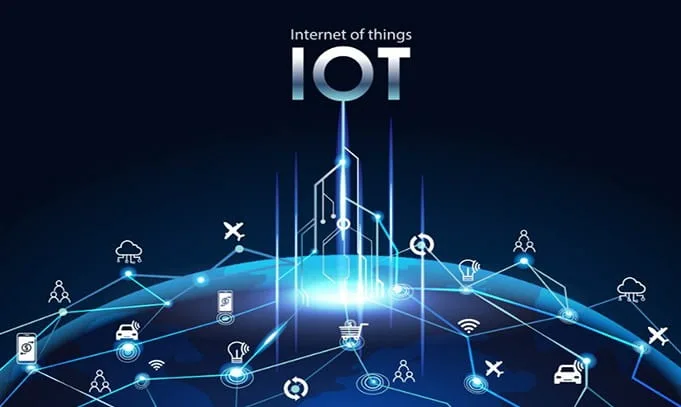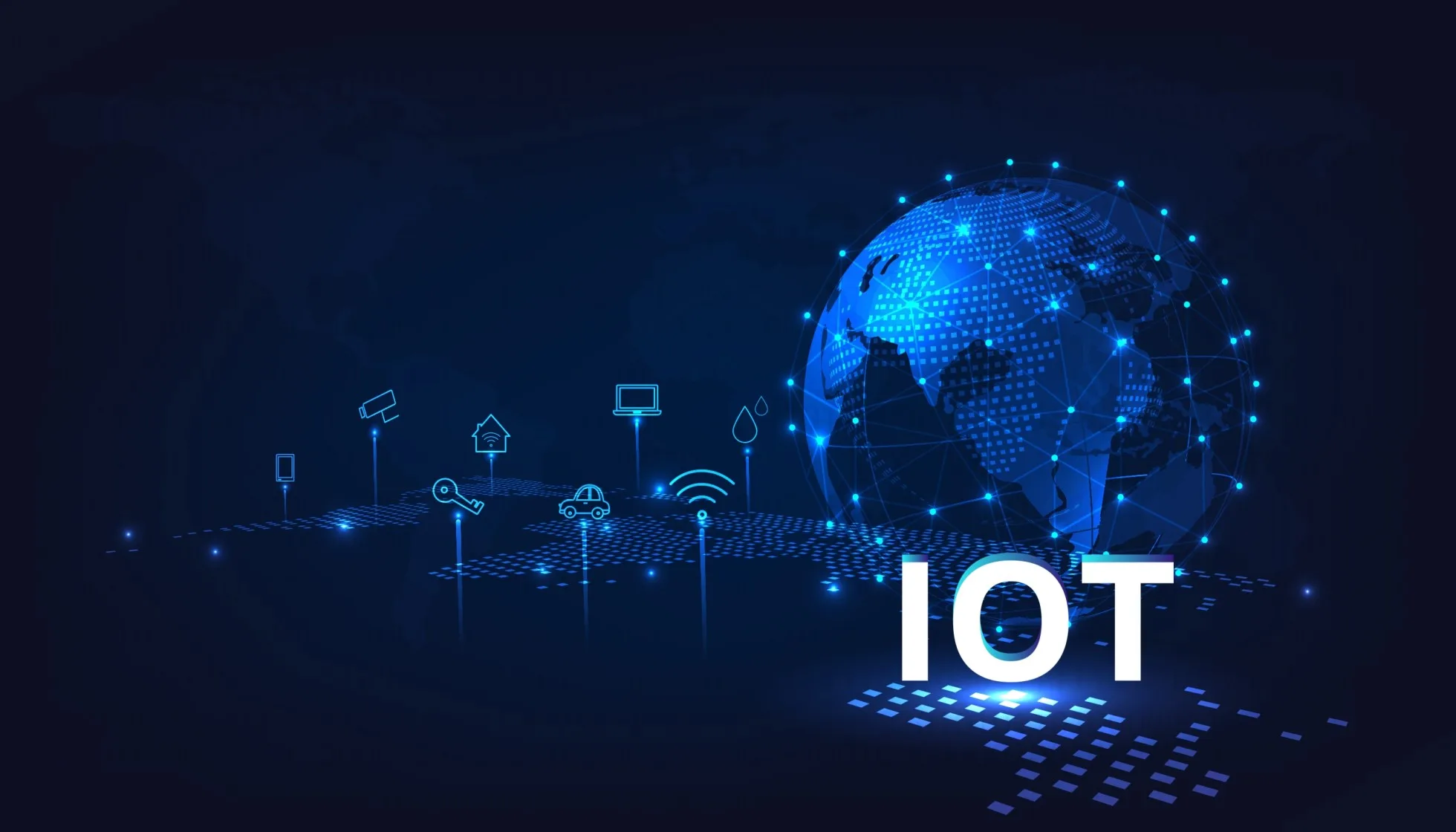How Are Smart Cities Leveraging IoT For Sustainability?
Smart living spaces are areas where technological products interact with each other through technologies such as the IoT. They offer a safer and more comfortable life by interacting with each other using many different technologies, from lighting systems to security cameras. An example of smart living spaces is smart cities. Smart cities are for sustainability. Because smart things designed with IoT experience great energy efficiency.
For example, waste management policies in cities can be optimized with IoT, or as another example, cities that want to use water resources effectively can get accurate information about water resources thanks to IoT. They make a great contribution to environmental sustainability by developing strategies and practices.
What Sustainability Challenges Can IoT Address In Smart Cities?

IoT is a new technology in which devices interact with each other through sensors and connections, process and transfer instant data. IoT is frequently used in smart living spaces. IoT is used in smart cities, which can be given as examples of smart living spaces, one of today’s popular concepts. Many smart cities today use it.
There are sustainability challenges in the project. He also lists problems such as traffic problems, air pollution, waste of water and energy resources, inefficient use of resources, and these problems are solved radically in smart city projects designed with the IoT. Because the units of the city that cause these problems interact faster and higher. Checking and identifying possible problems in advance contributes greatly.
For example, A dam system constructed with IoT tools instantly transmits the water rate in the dam to city managers, enabling them to develop more accurate resource distribution policies. In this way, the public is informed about the resource rates in the city.
How Does IoT Help Reduce Environmental Impact And Resource Consumption?
Although new technologies may seem risky at first glance in terms of environmental sustainability and resource consumption, they actually contain important solutions for sustainability due to the revolutionary changes they propose. IoT allows you to instantly monitor the environmental impact and optimize resource consumption in the light of this data by collecting data instantly through various sensors and smart devices.
This provides a fast and safe operating system. It makes a difference in energy efficiency. In smart cities designed using IoT, the results of waste management managed with more accurate policies and more effective use of water resources are observed. In smart city projects designed using IoT, all units and systems interact with each other. This communication skill enables possible problems to be identified in advance.
What Are The Examples Of IoT-Enabled Sustainability Initiatives In Smart Cities?
Some examples that contribute to sustainability can be given for smart cities that use internet technology. For example, Canan lighting systems at certain hours are a good example for this. Lighting systems that determine their hours through sensors that adjust according to sunlight are a great example in terms of sustainability and resource use.
In addition, smart waste generation uses water resources. The following smart systems, green area management and smart transportation systems are also very important for sustainability, especially smart transportation systems are a great virtue for sustainability and environmental sustainability in terms of resource consumption, air pollution, smart cities with smart transportation systems use their resources more effectively and efficiently and do less to the environment. At the same time, they will cause damage and use their resources with strategies.
How Can Data Analytics And IoT Improve Urban Planning For Sustainability?

City managers benefit from data for environmental regulations and sustainability plans. Instant and real data transferred thanks to accelerated data analytics and IoT makes it easier to achieve sustainability goals. Large amounts of data collected in smart cities are optimized through IoT. In this way, the managers of smart cities can use resources more efficiently and without waste. Enables the development of Policies that enable the use
Today, many of the big cities in developed countries use IoT in almost all of these units. By quickly processing the data received from the units using this technology, they can identify possible problems in advance. Thanks to this model called smart municipality, environmental sustainability is significantly supported.
Smart cities are cities where units such as security cameras, lighting systems, resource distribution areas, and transportation are maintained entirely using automation systems and IoT technologies. Lighting systems using IoT technology minimize waste through automatic sensors according to the sun. Waste is prevented in resource distribution areas managed with IoT tools.
In addition, through models that offer alternatives to transportation, air pollution will be reduced and traffic congestion will be reduced to some extent. These technologies are widely used in smart city projects, although generally in developed countries.
What Are The Security And Privacy Considerations In IoT-Driven Smart Cities?
There may be some concerns about security and privacy in some smart city projects supported by IoT because large amounts of data are collected and processed in cities using this technology. It is potentially possible that your personal data may be among this data. Therefore, smart city projects using IoT must be conscious of this security and data privacy. While utilizing IoT in smart cities, it should not be free from privacy and security concerns.
Correct data must be processed in order to develop more accurate and effective policies. In order to process correct data, all units in the smart city must transfer their data in a simple and transparent manner. This may of course raise some security and privacy concerns.
As with every technological revolution, there are some concerns in IoT driven smart cities. In particular, the confidentiality and security of data is one of the important issues. IoT technologies are ecosystems that automatically transfer data without any human, moral or ethical concerns. This may cause concerns about users’ data being shared without permission. Companies selling IoT technologies are expected to develop algorithms and technologies with this perspective.
See you in the next post,
Anil UZUN
